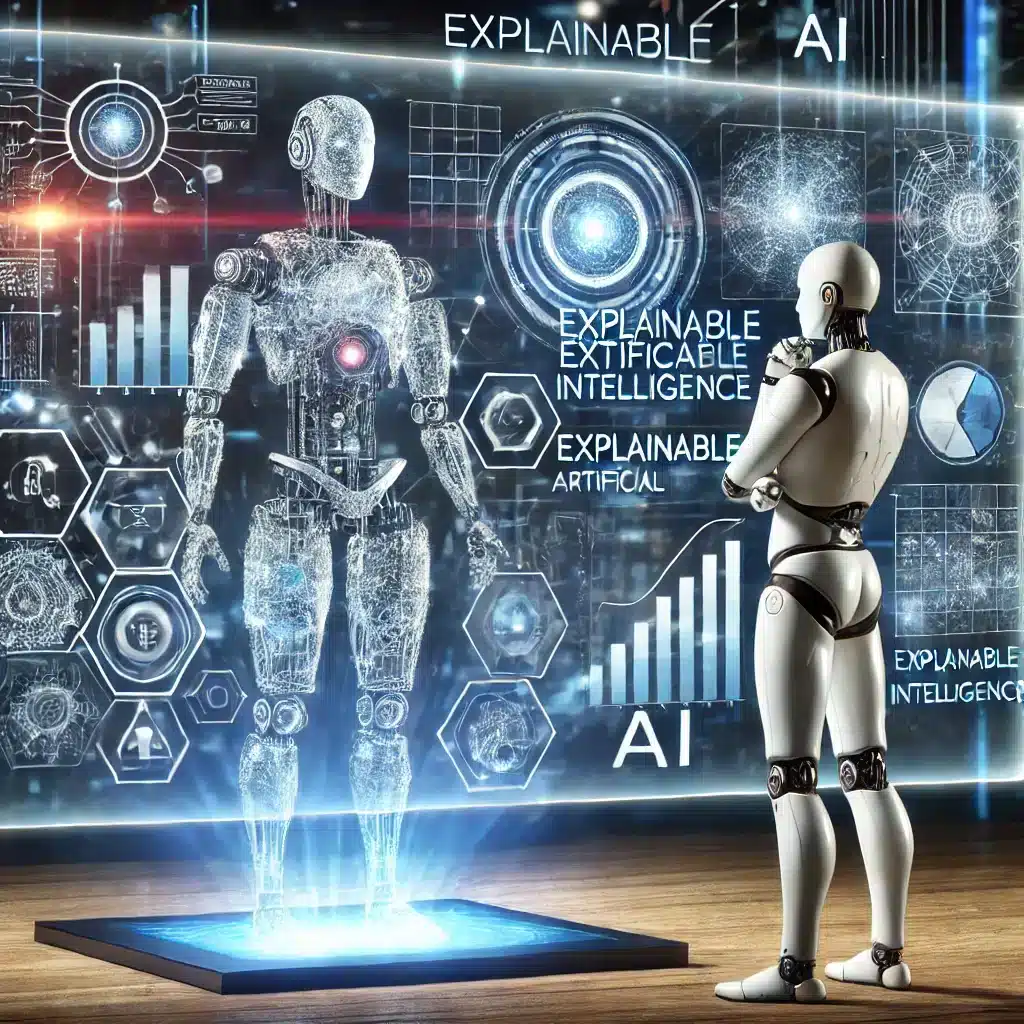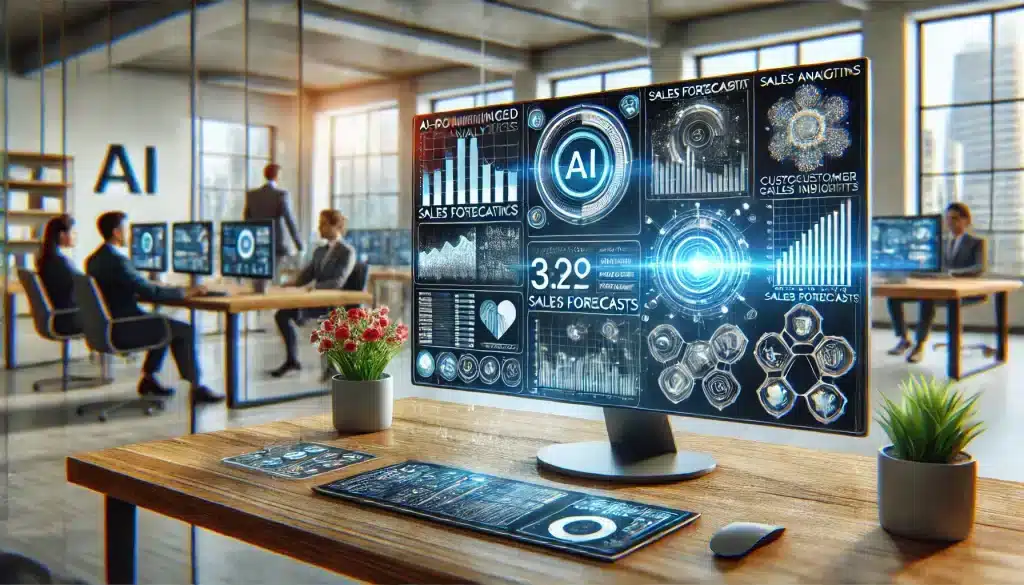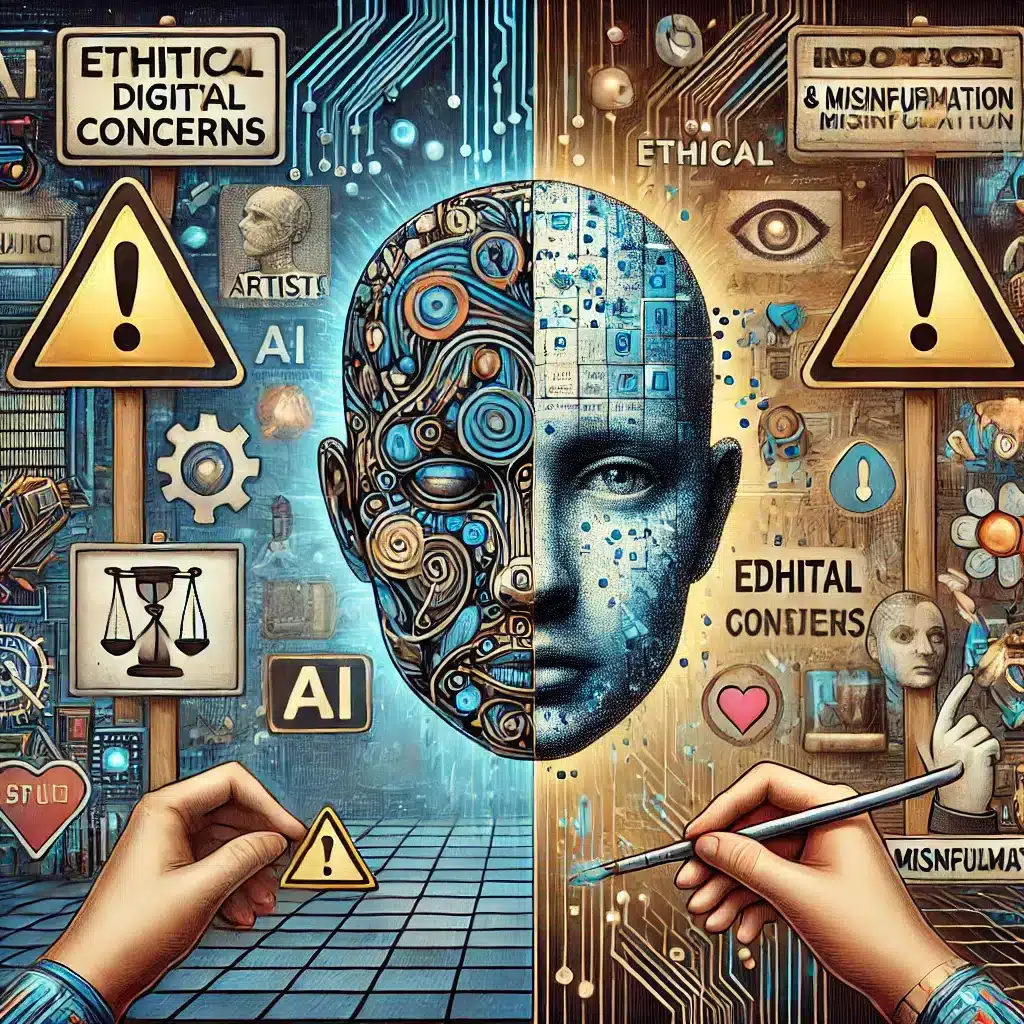AI in Accessibility: Bridging the Gap
AI in accessibility holds remarkable potential to innovate aid and accessibility, offering new avenues for inclusive growth. With AI-driven technologies making significant strides in various sectors, there’s an opportunity to rethink and redesign accessibility solutions to be more effective and equitable.
Transformative Impact on Education and Healthcare
AI can greatly enhance accessibility in education by creating adaptive learning environments that cater to individual needs. For instance, AI tools improve learning processes, helping students with disabilities reach their fullest potential. Moreover, in healthcare, AI assists in enhancing the care for individuals with disabilities by recognizing patterns in patient data, which helps in personalizing treatments and predicting outcomes.
Empowering Through Predictive Capabilities
AI’s predictive capabilities can also revolutionize disaster management, offering timely alerts that help in saving lives and minimizing losses. For instance, AI is optimizing early warning systems for floods and earthquakes, which ultimately helps communities in disaster-prone areas to prepare better and respond more efficiently, as highlighted in This Article.
AI in Everyday Accessibility
Meanwhile, AI applications enhance day-to-day accessibility by supporting the visually impaired through advanced technologies. AI-powered apps describe the world around them or assist with navigation, hence fostering greater autonomy.
Advancing Ethical AI Development
However, it is crucial to approach AI in accessibility with an ethical lens. Strengthening AI regulations, as recommended by experts, ensures AI advancements are safe and beneficial for all. To illustrate, the risks of deepfakes and privacy concerns make clear the importance of robust AI governance, as observed in This Article.
Working Together for a Brighter Future
Additionally, for AI to reach its potential in accessibility, diverse stakeholders—including policymakers, nonprofits, and tech innovators—must collaborate. Likewise, aligning AI innovations with public interest and ensuring representation from underserved communities can address inequalities and foster inclusive development. Ultimately, embracing these approaches will determine the extent to which AI can truly revolutionize aid and accessibility.



